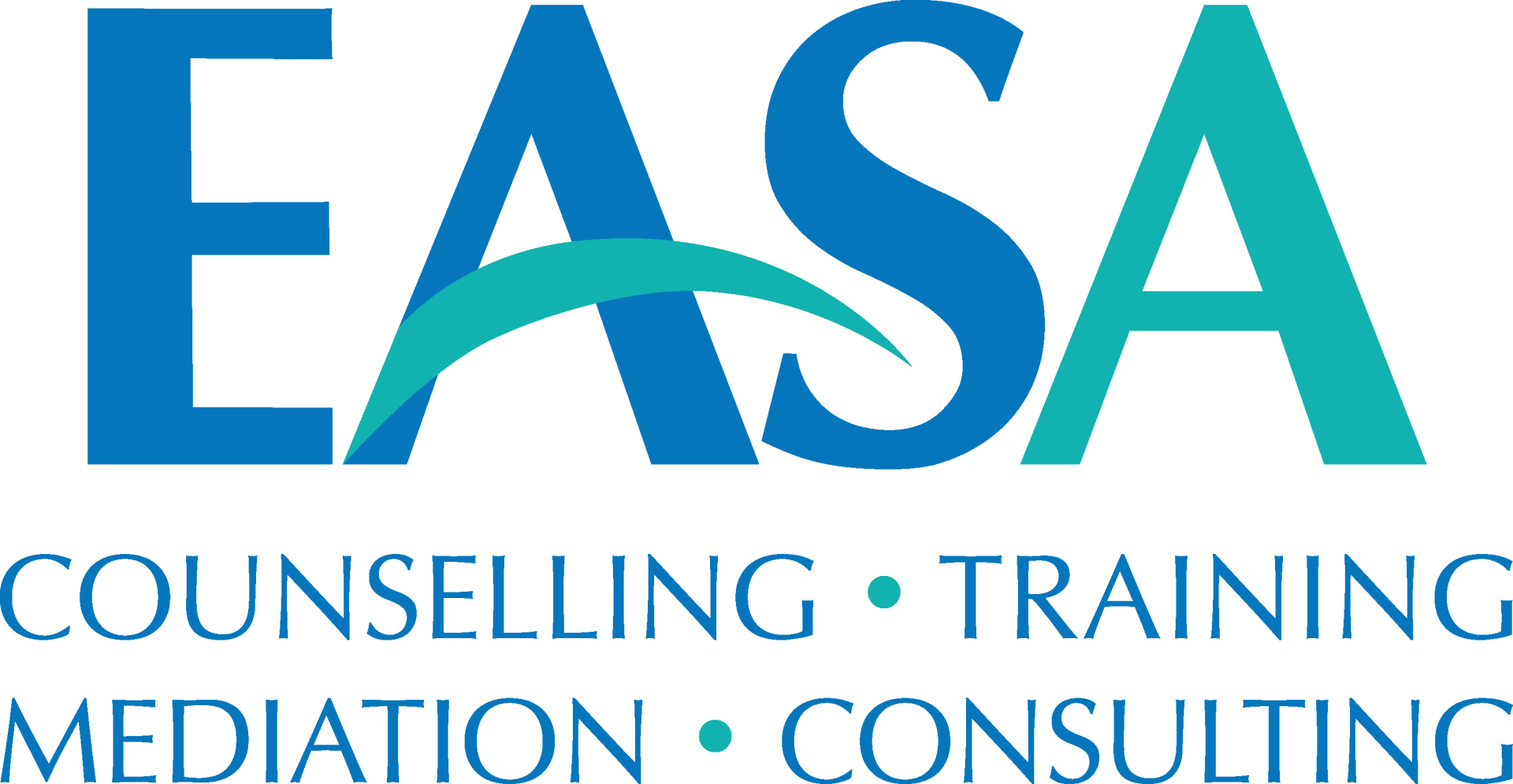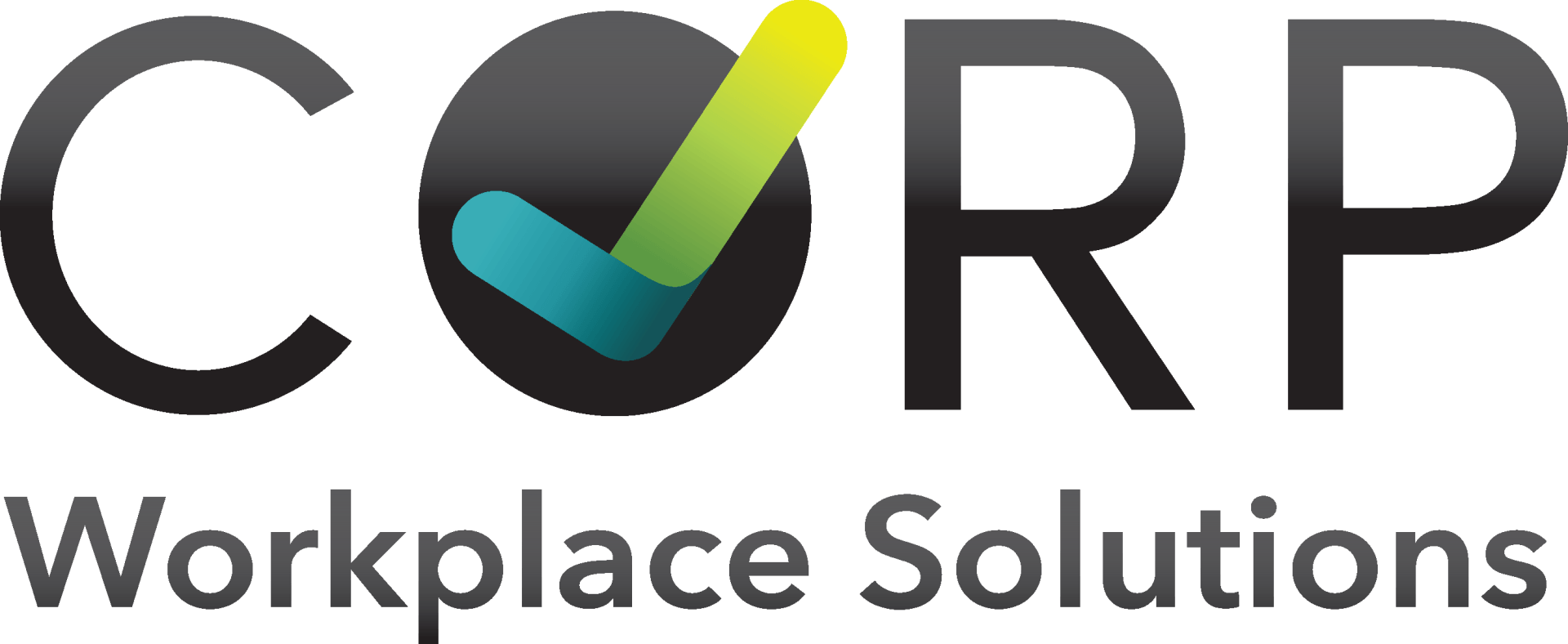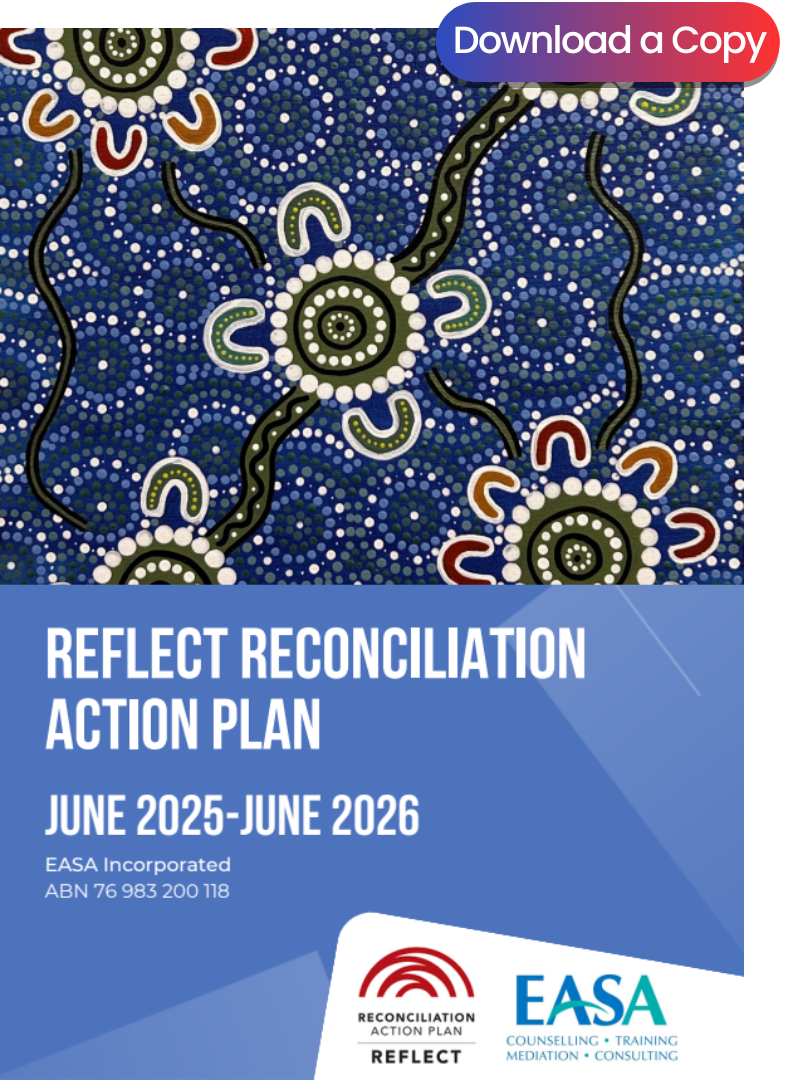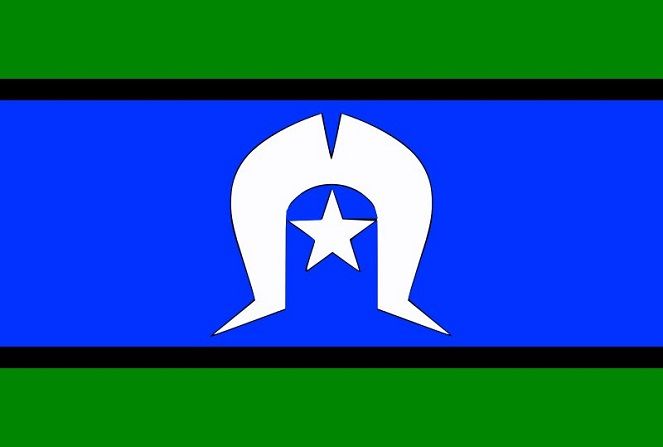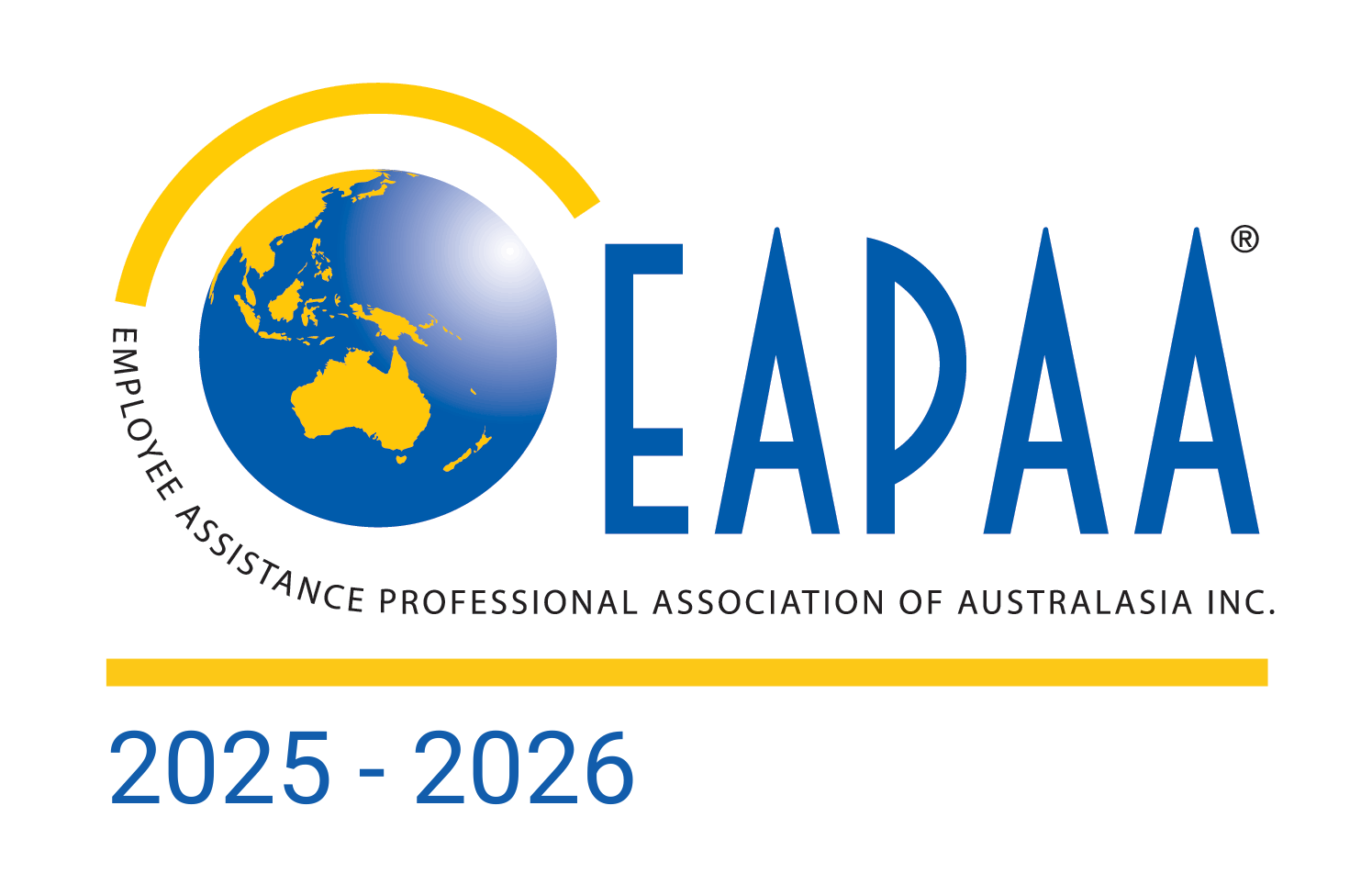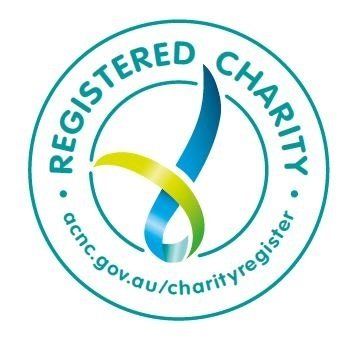Critical Incident & Trauma Response
Everyone's reaction to potentially traumatic experiences is different. Most people recover well with the help of family and friends and do not experience long-term problems. Some people experience problems directly after the traumatic event or much later.
Research and experience shows effective management and support before, during and after an event can minimise or prevent severe reactions to traumatic events and to assist people to recover and employees in returning to the workplace safely and effectively.
EASA Trauma Service can flexibly deploy a package suitable to the situation which can consist of:
• On-scene Management and Risk Assessment
• Individual Psychological First Aid (group debriefing is no longer recommended)
• Follow up Trauma Counselling and Assessment
• Preventive Education and Risk Management (includes peer support training)
- What is a Critical Incident / potentially Traumatic Event?
Potentially traumatic events are powerful and upsetting incidents that intrude into daily life. They are usually experiences which are life threatening or pose a significant threat to a person’s physical or psychological wellbeing.
An event may have little impact on one person but cause severe distress in another. A person’s mental and physical health, available support at the time of the event or their past experience and coping skills can influence how they respond to a traumatic event.
Situations and events that can lead to psychological trauma include:
- Acts of violence such as an armed robbery, war or terrorism
- Natural disasters such as bushfires, earthquakes or floods
- Interpersonal violence such as sexual assault, child abuse, or the suicide of a family member or friend
- Involvement in a serious motor vehicle or workplace accident
Other stressful situations which appear less severe may still trigger traumatic reactions in some people.
- What are common reactions to Critical Incidents?
Each person's experience is different, however there are some common reactions among people caught up in a critical incident. It can be reassuring to know that these reactions are not unusual.
Some common reactions and feelings are:
- Shock
- Disbelief at what has happened
- Numbness - the event may seem unreal, like a dream
- Fears
- Of death or harm to yourself or your family
- Recurrence of the event
- Personal vulnerability
- You may experience panic or anxiety
- Anger
- Outrage at what has happened or at who "caused it, or allowed it to happen"
- Anger at the injustice and senselessness of it all
- Anger at other emergency service personnel or the public for not acting quickly enough
- Helplessness
- The feeling of helplessness because of the inability to prevent some things from happening
- Shame or Guilt
- For having been exposed as helpless, emotional and needing others
- For not having reacted as you would have wished
- For not having reacted as others have
- If you have made a mistake
- Sadness
- About personal loss
- About human destruction
- For the loss of the belief that the world is safe and predictable
- What are symptoms of Trauma?
Many people have strong emotional or physical reactions following experience of a traumatic event. For most, these reactions subside over a few days or weeks.
For some, the symptoms may last longer and be more severe. This may be due to several factors such as the nature of the traumatic event, the level of available support, previous and current life stress, personality, and coping resources.
Symptoms of trauma can be described as physical, cognitive (thinking), behavioural (things we do) and emotional.
- Physical symptoms can include excessive alertness (always on the look-out for signs of danger), being easily startled, fatigue/exhaustion, disturbed sleep and general aches and pains
- Cognitive (thinking) symptoms can include intrusive thoughts and memories of the event, visual images of the event, nightmares, poor concentration and memory, disorientation and confusion
- Behavioural symptoms can include avoidance of places or activities that are reminders of the event, social withdrawal and isolation and loss of interest in normal activities
- Emotional symptoms can include fear, numbness and detachment, depression, guilt, anger and irritability, anxiety and panic.
As long as they are not too severe or don't last for too long, the symptoms described above are normal reactions to trauma. Although these symptoms can be distressing, they will settle quickly in most people. They are part of the natural healing process of adjusting to a very powerful event, making some sense out of what happened, and putting it into perspective.
With understanding and support from family, friends and colleagues the stress symptoms usually resolve more rapidly. A minority of people will develop more serious conditions such as depression, post-traumatic stress disorder, anxiety disorders, or alcohol and drug problems.
- Our aim through Critical Incident & Trauma Response
• Deliver peace of mind
• Improve recovery
• Minimise long term impact on individuals
• Reduce downtime and absenteeism
• Increase staff retention
• Help leaders to care for their teams
- What does the typical Critical Incident & Trauma Response process look like?
EASA Trauma Service (24hr) can flexibly deploy a package suitable to the situation which can consist of:
On-scene Management and Risk Assessment
When trauma occurs, Psychological First Aid can be used to offer emotional support to those involved. EASA can also attend the workplace and deliver supportive services directly to the staff affected these services are more commonly:
First week
- Individual sessions at the worksite for those affected
- Group Session - education and self-care only (not an opportunity to debrief due to vicarious trauma)
- Individual Psychological First Aid
Group debriefing is no longer recommended due to vicarious trauma and so EASA offers people the opportunity to debrief and be given psychological first aid individually. Some individuals feel the need to discuss their experience or reactions with a counsellor, or a manager may refer them for a session after being concerned for their welfare. Counselling is commonly offered by workplaces, at the worksite, or at the EASA Offices.
Follow up Trauma Counselling and Assessment
After trauma EASA will ensure your staff have ongoing screening and support where needed. This more commonly involves the counsellor who attends the worksite explaining to the individual concerned that they will be contacting them in the near future to check how they are recovering; this may be over the phone or in person.
The majority of people recover well within the first 3 weeks after an incident; however, for some there are lasting effects which can be picked up during the screening.
Preventive Education and Risk Management (includes peer support training)
Training focuses on a number of areas including trauma response for managers or supervisors, stress management, effective communication, basic counselling skills, dealing with aggressive and violent people, etc. We also offer a comprehensive peer support training program to enable employees to be psychologically equipped and prepared in dealing with incidents.
- Managers / Supervisors commonly asked questions?
What does it cost?
EASA charges a fee in line with the APS National Schedule of Recommended Fees. To confirm the current rate, please contact us via telephone or email.
Can we request a specific clinician to attend onsite?
If you have a preferred clinician that you would like to attend onsite, we will certainly try to accommodate where possible. However, as Critical Incidents are often unexpected and require a prompt response, we may not be able to ensure the availability of your preferred clinician.
What if there are only 1-3 people affected?
For Critical Incidents that affect only a small number of people, you may prefer for them to come to one of our offices for individual psychological first aid under your workplace EAP, instead of having a clinician attend onsite.
Is there a minimum amount of hours for onsite support?
Depending on your agreement with EASA, we may have a minimum number of hours for onsite support. To confirm whether or not there is a minimum number of hours, please call us using the book now button or contact us page.
Where does the service take place? (i.e. onsite, at EASA, over the phone, etc)
Depending on the support required and the number of staff affected, EASA may recommend that a clinician attend onsite or that staff access their EAP at one of our offices. For sessions under the EAP, this can also by via telephone or a video conferencing platform such as Skype or Zoom.
How can I book this service?
Prior to booking, please ensure that you have certain information regarding the Critical Incident. When you speak with our team, they will need details regarding the incident such as when and where it occurred, the number of staff involved/affected and any staff that may be of particular concern. It is also important to note any cultural sensitivity or potential language barriers. If onsite support is required, we will also need the name and contact details for the onsite contact, as well as the location and any specific access instructions (building, room, induction requirements, personal protective equipment etc.).
What is my role if I arrange for a counsellor to attend the workplace?
Generally we ask managers to maintain good communication with their staff; share information that is known, and inform staff of the support available both verbally and written (focus and memory can be affected by trauma).We recommend that staff are provided with a flyer on potentially traumatising events which details what they may be experiencing and the various self-care options. This is available at no cost. Please inform us if you would like a paper or electronic copy to keep on hand.
For any event, it assists if there is a contact person who can be in communication with the counsellor before they arrive and provide background information and then also upon arrival, particularly to gather information if there are concerns about staff that need to be communicated. This contact person is also able to ensure the counsellor is directed to the room and that staff are aware a process is commencing. It can also be useful for EASA to communicate any concerns to this person about their staff. EASA wants to support managers to support their staff at a difficult time.
What arrangements do I need to make if I’ve organised a Critical Incident Response?
We find it helpful if the room arranged for the counselling has both water and tissues and is located in an area that is not overlooked or overheard by other areas to ensure privacy.
What if my workplace / organisation doesn’t have an agreement with EASA?
We are always more than happy to assist individual businesses and organisations that require our support. However, having an agreement with EASA does ensure that we give priority to your Critical Incident & Trauma Response requests.
